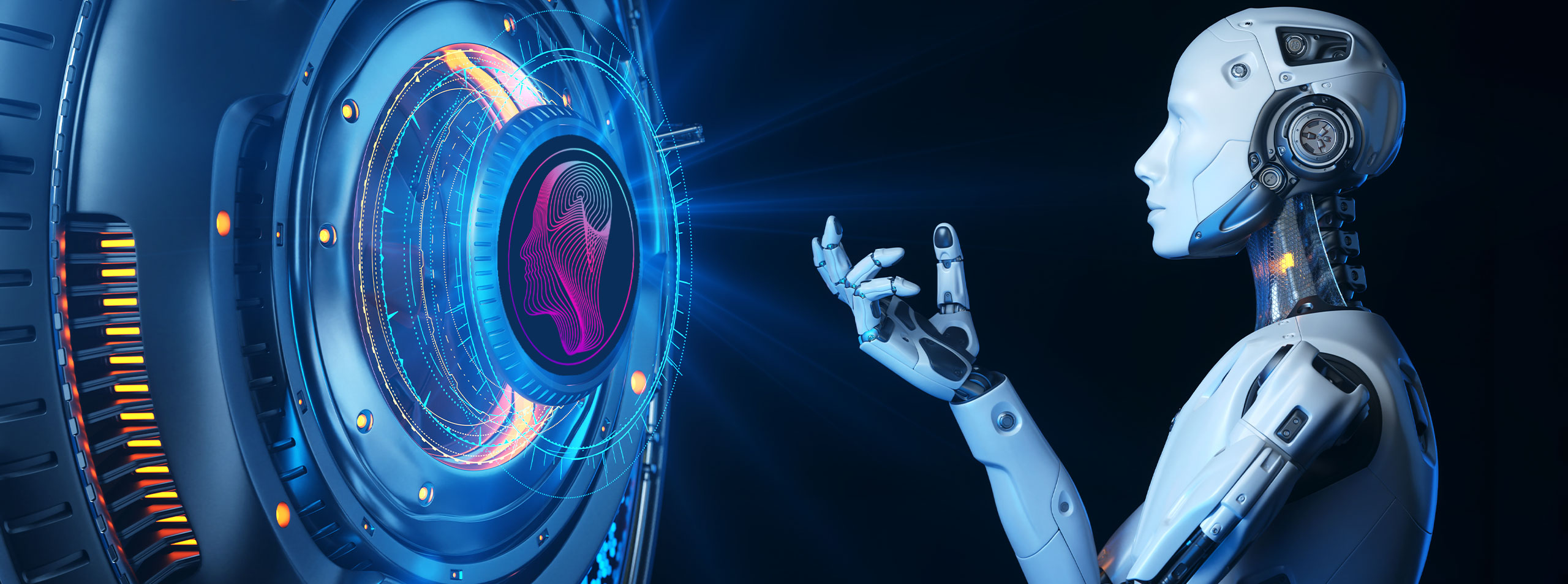As with every other aspect of life, culture, and business, technology profoundly impacted ERP (Enterprise Resource Planning). Computers, the Internet, Cloud Services, Data Acquisition, and Interconnectivity have helped evolve ERP systems. Thanks to these advancements, most business processes are automated. Data input in every module is effortless and easily accessible. Inventories are updated in real-time, messages and alerts for every module can be set, so every step is closely supervised. Reports and business predictions can be easily made and visualized. In addition, everything is cloud-delivered, so every aspect can be intervened and surveilled as needed at any time and from any device or place.

Despite the positive changes and ease of use, ERP systems and components remain more or less the same. But the incorporation of Artificial Intelligence brings with it the promise of a very different way of handling data and processes.
Artificial Intelligence that has learned all the details and how things work in every ERP module will be able to make integrated use of that information and make predictions and constantly optimize every aspect. Just imagine bigger and more agile processes that don’t need approval or human input, systems ordering materials for manufacturing according to global sales and demand trends, speeding or slowing the production based on inventory, automated and scheduled equipment maintenance, real-time workforce changes according to skills needed, and even e-commerce and marketing efforts influenced from the get-go by the previous stages.
It may feel overwhelming, but Artificial Intelligence will free up mind-space and human resources that can use this newly found time asset to gain essential business insights and create strategies to take companies into the future. Exciting and brighter times are coming.
Please share your thoughts in the comment section and follow @exocettech to get more valuable insights.


